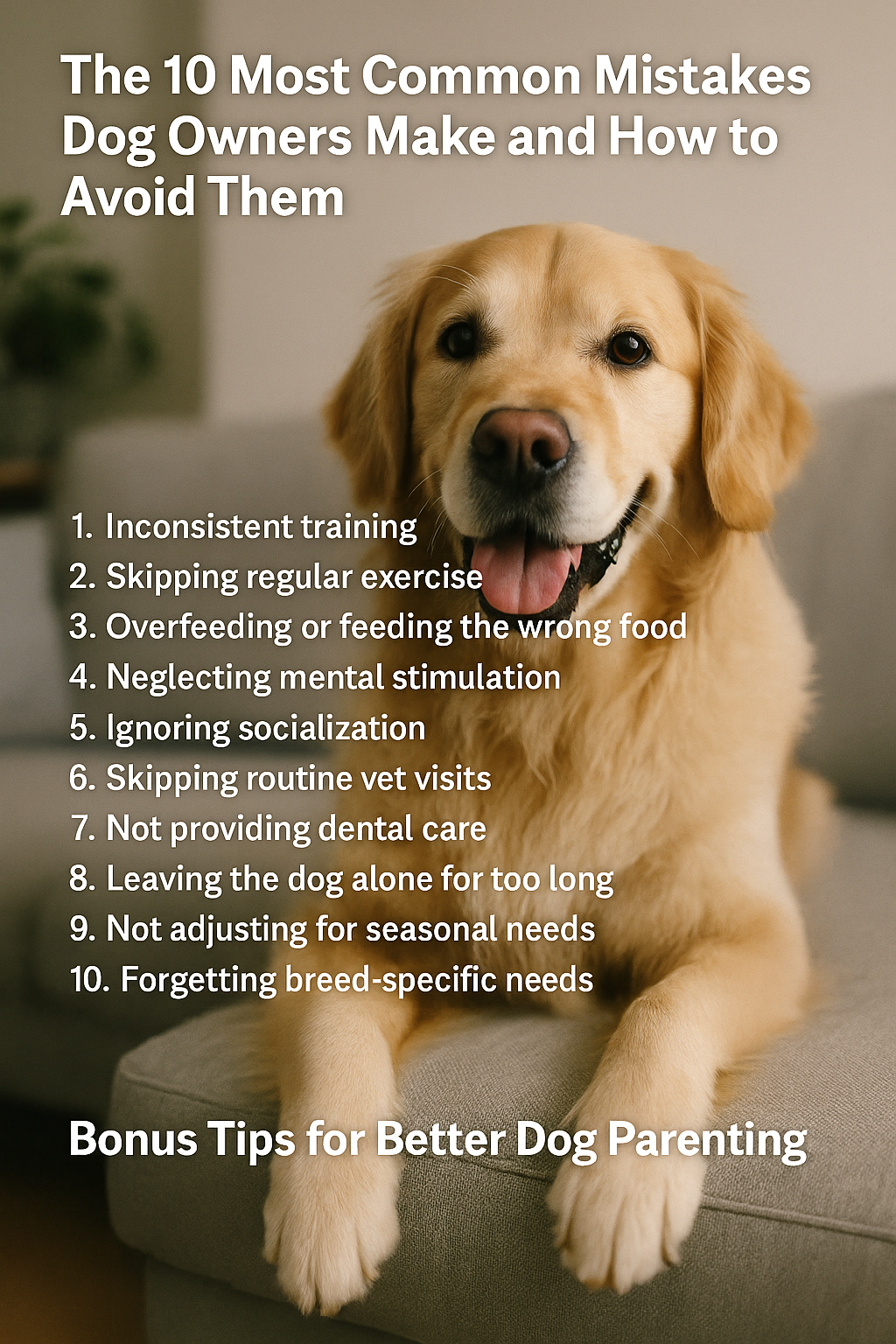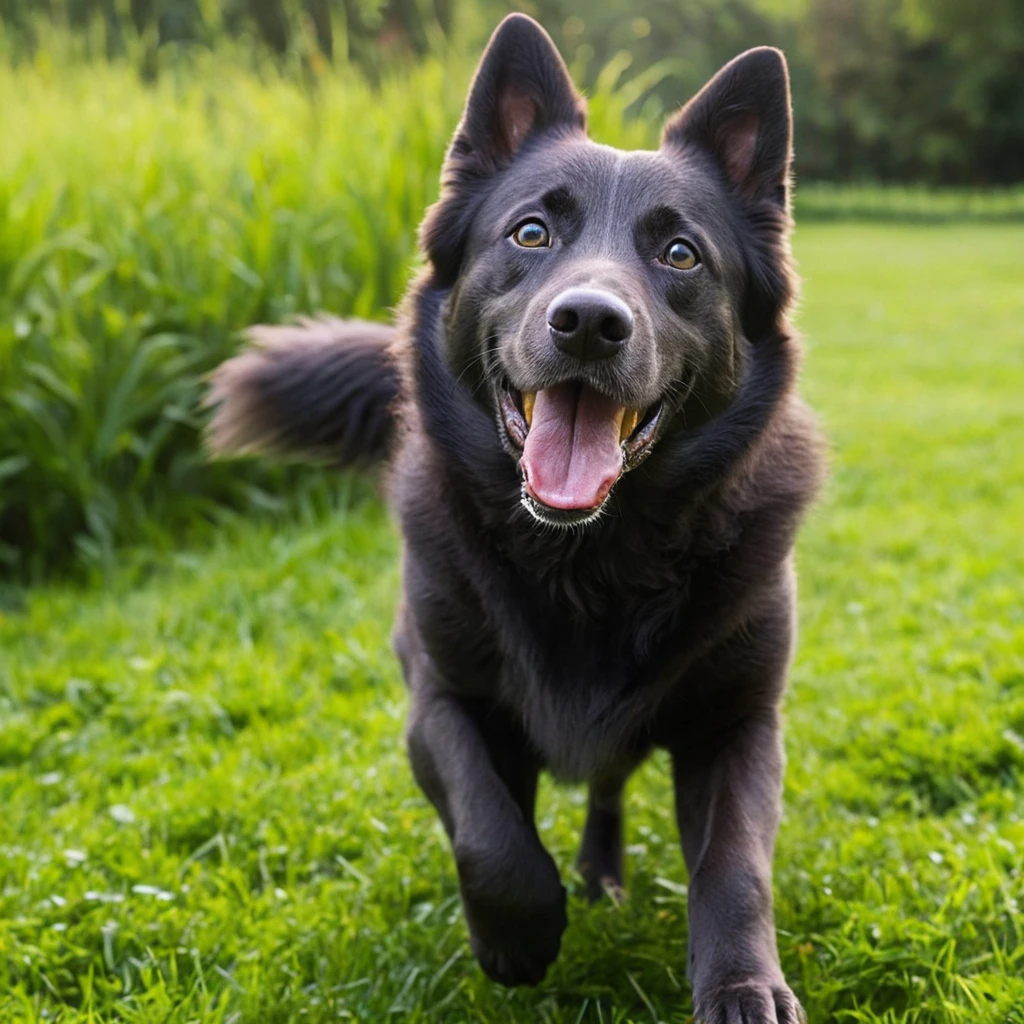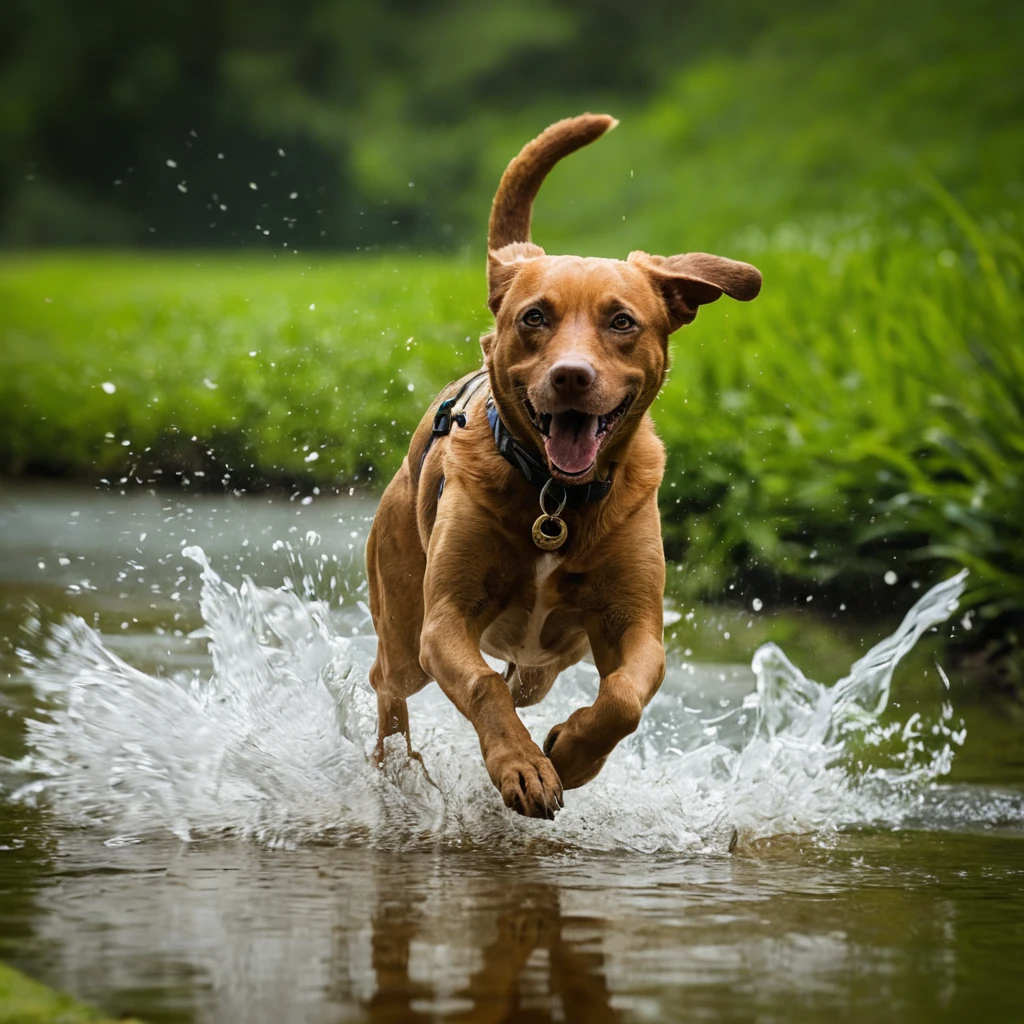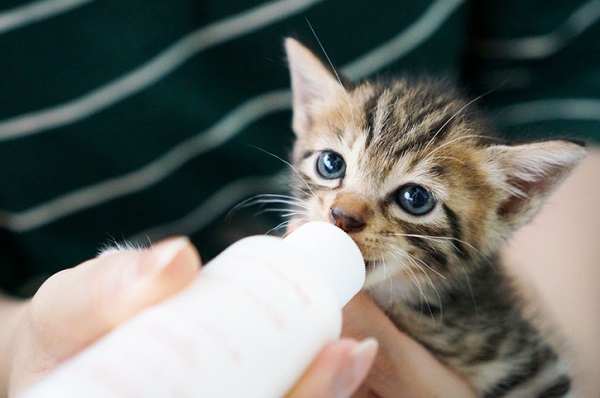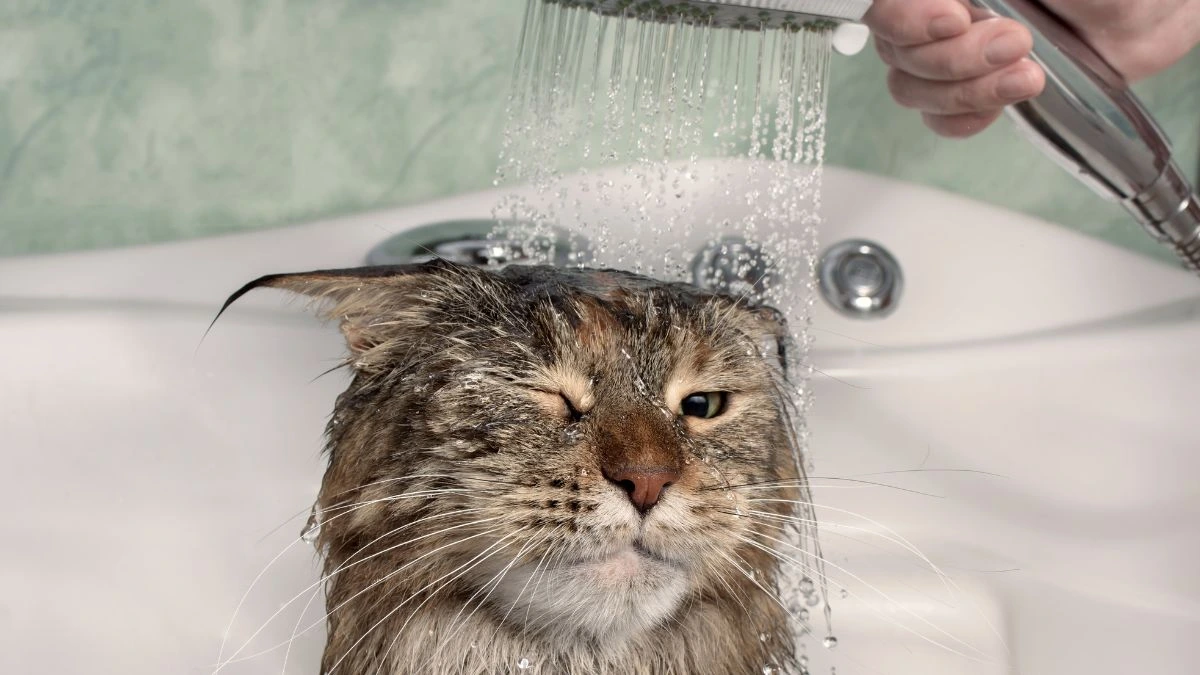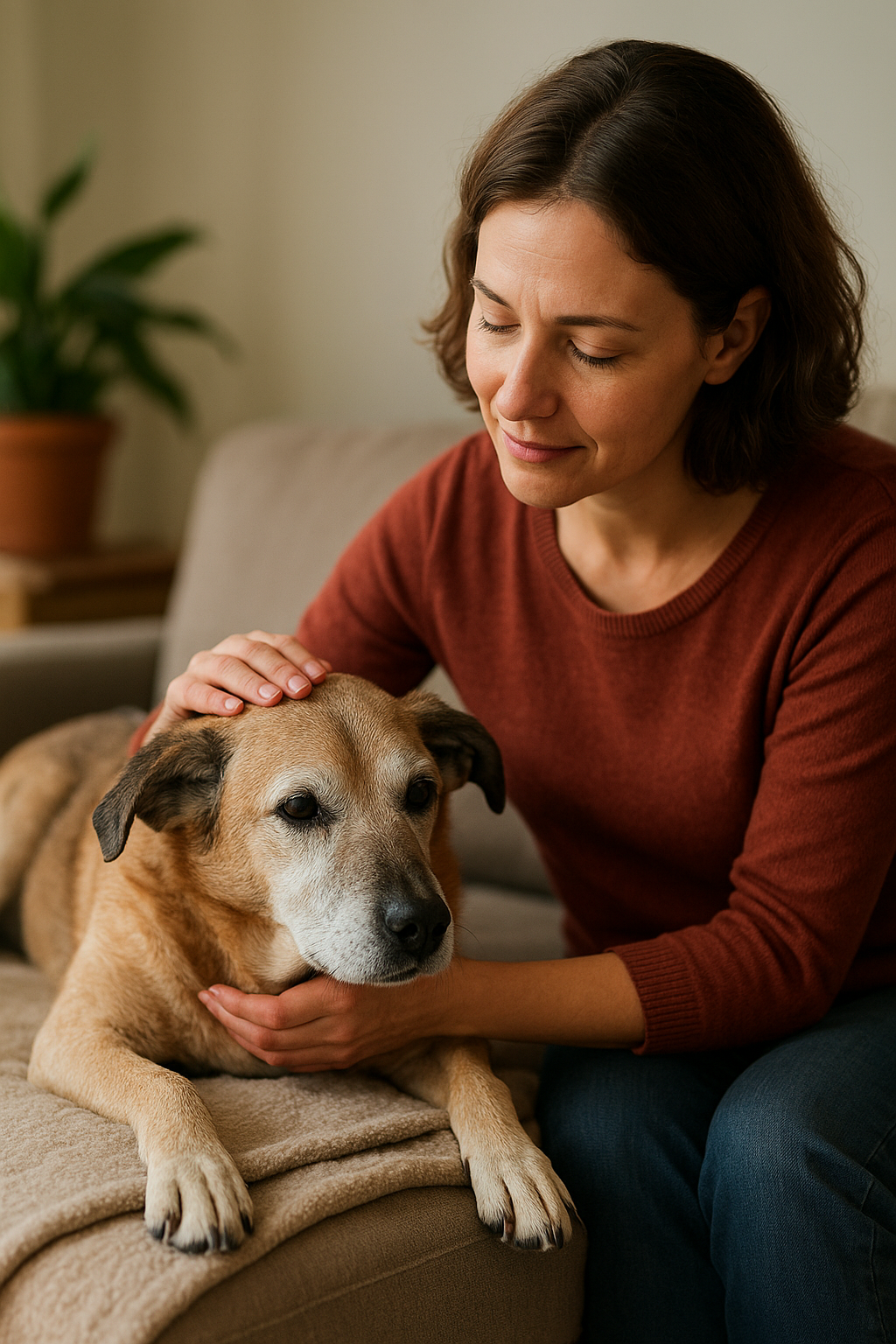Caring for a dog is a fulfilling and joyful experience, but it also comes with responsibilities that many owners unintentionally overlook. Whether you’re a first-time dog parent or a seasoned pet lover, it’s easy to fall into certain habits that can negatively impact your dog’s health and behavior. In this article, we’ll highlight 10 of the most common mistakes people make when caring for dogs of all breeds—and more importantly, how to avoid them.
1. Inconsistent Training
Many dog owners make the mistake of not being consistent when it comes to training. For example, letting your dog jump on the couch one day and scolding them for it the next creates confusion. Dogs thrive on consistency and clear boundaries.
How to Avoid It:
Use the same commands and rules across all household members. Stick to positive reinforcement and repeat training daily. Consistency builds trust and reinforces good behavior.
2. Skipping Regular Exercise
Dogs of all breeds need physical activity. Lack of exercise can lead to behavioral problems, obesity, and anxiety.
How to Avoid It:
Tailor your dog’s exercise routine to their breed, age, and energy level. For instance, a Border Collie needs significantly more daily movement than a Pug. Even 20 minutes of walking can make a big difference.
3. Overfeeding or Feeding the Wrong Food
Many owners equate food with love, leading to overfeeding or excessive treat-giving. Others may unknowingly feed their dogs food that lacks proper nutrients.
How to Avoid It:
Feed high-quality food in the right portions for your dog’s size and age. Avoid table scraps and monitor treat intake. Talk to your vet about the best diet for your specific breed.
4. Neglecting Mental Stimulation
Dogs need more than just physical exercise. Without mental challenges, they may become bored and develop destructive behaviors like chewing, digging, or excessive barking.
How to Avoid It:
Introduce puzzle toys, interactive games, and short training sessions daily. Rotate toys to keep your dog engaged and mentally stimulated.
5. Ignoring Socialization
Socialization is crucial during the first months of a dog’s life, but it remains important throughout adulthood. A poorly socialized dog may be fearful, aggressive, or overly anxious in new situations.
How to Avoid It:
Expose your dog to various environments, people, and other animals from a young age. Make these interactions positive experiences. For adult dogs, start slowly and reward calm behavior.
6. Skipping Routine Vet Visits
Some dog owners only take their pets to the vet when there’s a visible problem. However, regular checkups are essential for early detection of issues that might not show immediate symptoms.
How to Avoid It:
Schedule annual wellness exams and keep vaccinations up to date. Regular vet visits help prevent more serious (and expensive) health problems down the line.
7. Not Providing Dental Care
Many owners forget about their dog’s teeth. Dental neglect can lead to bad breath, pain, tooth loss, and even serious infections.
How to Avoid It:
Brush your dog’s teeth regularly with pet-safe toothpaste. Offer dental chews and schedule professional cleanings when needed. Start dental care early to make it a normal part of the routine.
8. Leaving the Dog Alone for Too Long
Dogs are social animals. Leaving them alone for long stretches without interaction can lead to separation anxiety, depression, and destructive behavior.
How to Avoid It:
Arrange for a dog walker, pet sitter, or daycare if you’re gone for more than 6–8 hours. Leave toys and comforting items around. Consider adopting a second pet for companionship if it suits your lifestyle.
9. Not Adjusting for Seasonal Needs
Different weather conditions can drastically affect your dog’s comfort and safety, yet many owners overlook these changes.
How to Avoid It:
In the summer, avoid walking during the hottest parts of the day and ensure fresh water is always available. In colder months, provide proper shelter, and consider coats for short-haired breeds.
10. Forgetting Breed-Specific Needs
Each dog breed has its own physical, mental, and behavioral characteristics. Treating every dog the same can result in unmet needs or misinterpreted behaviors.
How to Avoid It:
Research your dog’s breed and understand their instincts and typical behavior patterns. A Siberian Husky may enjoy pulling or running, while a Shih Tzu might prefer lounging and companionship.
Bonus Tips for Better Dog Parenting
- Create a daily routine: Dogs love predictability.
- Offer affection wisely: Learn your dog’s cues. Not all dogs want to be hugged.
- Avoid punishment: Negative reinforcement can damage trust.
- Pay attention to body language: Dogs communicate more through posture than sound.
Strengthening the Bond Through Awareness
By recognizing these common mistakes and actively avoiding them, you’re already taking a major step toward becoming a more responsible, compassionate dog owner. Remember that every dog is unique, and what works for one might not work for another. The most important thing is staying informed, observant, and committed to your dog’s well-being.

